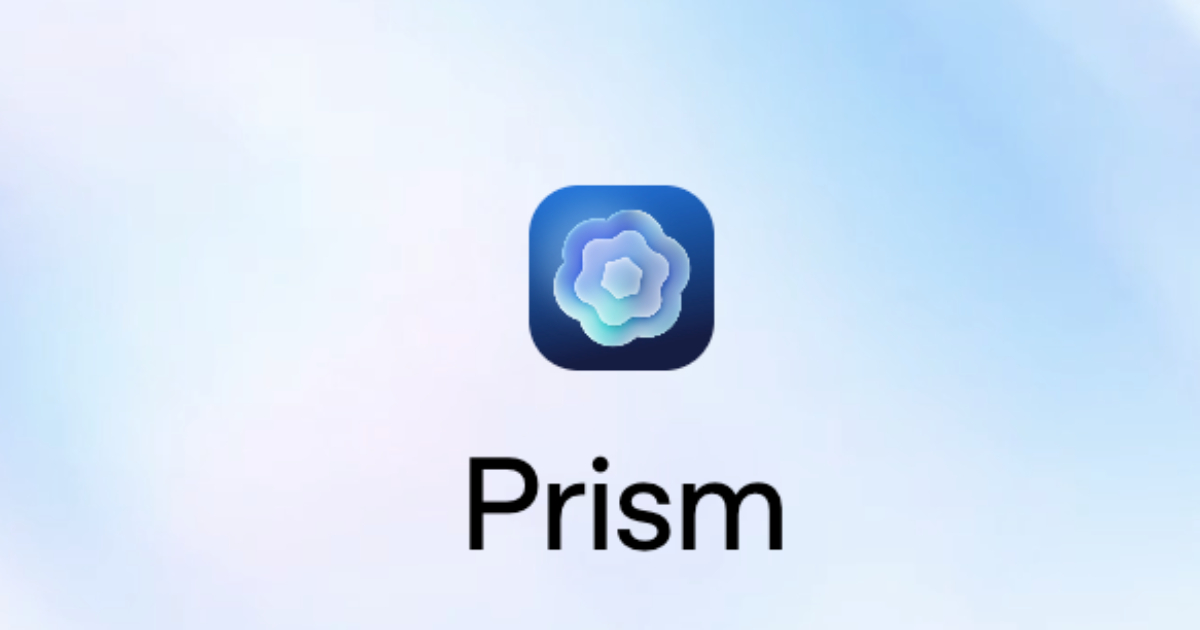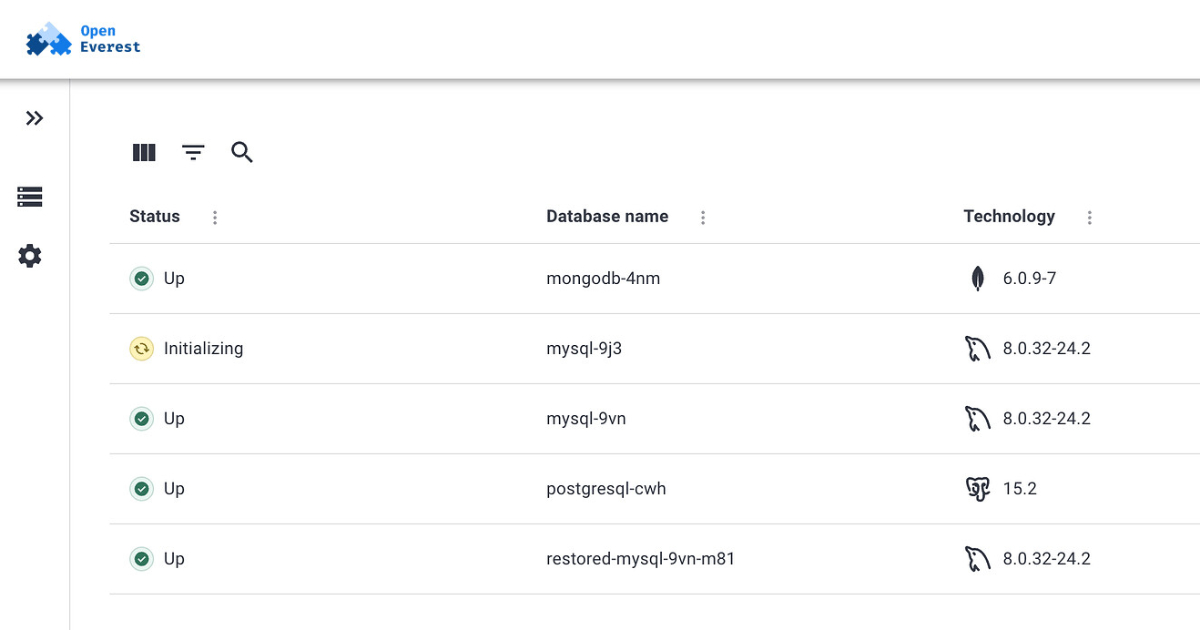Codetown
Codetown ::: a software developer's community
GatorJUG
Event Details
Time: February 11, 2009 from 6pm to 9pm
Location: Santa Fe Community College, room S318
City/Town: Gainesville
Website or Map: http://www.gatorjug.org
Phone: 407-622-WEBS
Event Type: meeting and presentation
Organized By: Michael Levin
Latest Activity: Feb 11, 2009
Event Description
Eric Lavigne will give a presentation on Clojure. Clojure abstract
Clojure is a dynamic programming language that targets the Java Virtual Machine. It is designed to be a general-purpose language, combining the approachability and interactive development of a scripting language with an efficient and robust infrastructure for multithreaded programming. Clojure is a compiled language - it compiles directly to JVM bytecode, yet remains completely dynamic. Every feature supported by Clojure is supported at runtime. Clojure provides easy access to the Java frameworks, with optional type hints and type inference, to ensure that calls to Java can avoid reflection.
Clojure is a dialect of Lisp, and shares with Lisp the code-as-data philosophy and a powerful macro system. Clojure is predominantly a functional programming language, and features a rich set of immutable, persistent data structures. When mutable state is needed, Clojure offers a software transactional memory system and reactive Agent system that ensure clean, correct, multithreaded designs.
This presentation will introduce the Clojure programming language. You will learn how to write simple Clojure programs, how to use Java code from Clojure, and how to use Clojure code from Java. You'll learn how to use agents and software transactional memory to make multithreaded programming easier. You'll also see a few examples of how Clojure can save you from re-implementing the same patterns over and over again.
Bio
Eric Lavigne is a Java programmer for UF's Bureau of Economic and Business Research. He has written several Clojure web development tutorials on his blog at http://ericlavigne.wordpress.com
We will have several interesting things to raffle off, including a ticket to the upcoming Miami Flex event! See the event here in Codetown events for details.
Notes
Welcome to Codetown!
 Codetown is a social network. It's got blogs, forums, groups, personal pages and more! You might think of Codetown as a funky camper van with lots of compartments for your stuff and a great multimedia system, too! Best of all, Codetown has room for all of your friends.
Codetown is a social network. It's got blogs, forums, groups, personal pages and more! You might think of Codetown as a funky camper van with lots of compartments for your stuff and a great multimedia system, too! Best of all, Codetown has room for all of your friends.
Created by Michael Levin Dec 18, 2008 at 6:56pm. Last updated by Michael Levin May 4, 2018.
Looking for Jobs or Staff?
Check out the Codetown Jobs group.
InfoQ Reading List
Chainguard Finds 98% of Container CVEs Lurking Outside the Top 20 Images

The latest State of Trusted Open Source report from Chainguard gives details on current industry thinking about vulnerabilities in container images and the long tail of open-source dependencies. The report offers a data-driven view of production environments based on more than 1,800 container image projects and 10,100 vulnerability instances observed between September and November 2025.
By Matt SaundersOpenAI Launches Prism, a Free LaTeX-Native Workspace with Integrated GPT-5.2

OpenAI has released Prism, a free, cloud-based LaTeX workspace designed for academic writing and collaboration, with GPT-5.2 integrated directly into the authoring environment. The platform combines document editing, compilation, citation management, and AI-assisted revision in a single web-based workspace, aimed at researchers producing long-form scientific documents.
By Robert KrzaczyńskiOpenEverest: Open Source Platform for Database Automation

Percona recently announced OpenEverest, an open-source platform for automated database provisioning and management that supports multiple database technologies. Launched initially as Percona Everest, OpenEverest can be hosted on any Kubernetes infrastructure, in the cloud, or on-premises.
By Renato LosioGoogle Introduces Managed Connection Pooling for AlloyDB

Google Cloud has launched managed connection pooling for AlloyDB for PostgreSQL, boosting client connections by 3x and transactional throughput by up to 5x. This feature simplifies database management by automating connection management and reducing latency.
By Steef-Jan WiggersNVIDIA Dynamo Planner Brings SLO-Driven Automation to Multi-Node LLM Inference

Microsoft and NVIDIA have released Part 2 of their collaboration on running NVIDIA Dynamo for large language model inference on Azure Kubernetes Service (AKS). The first announcement aimed for a raw throughput of 1.2 million tokens per second on distributed GPU systems.
By Claudio Masolo
© 2026 Created by Michael Levin.
Powered by
![]()
RSVP for GatorJUG to add comments!
Join Codetown